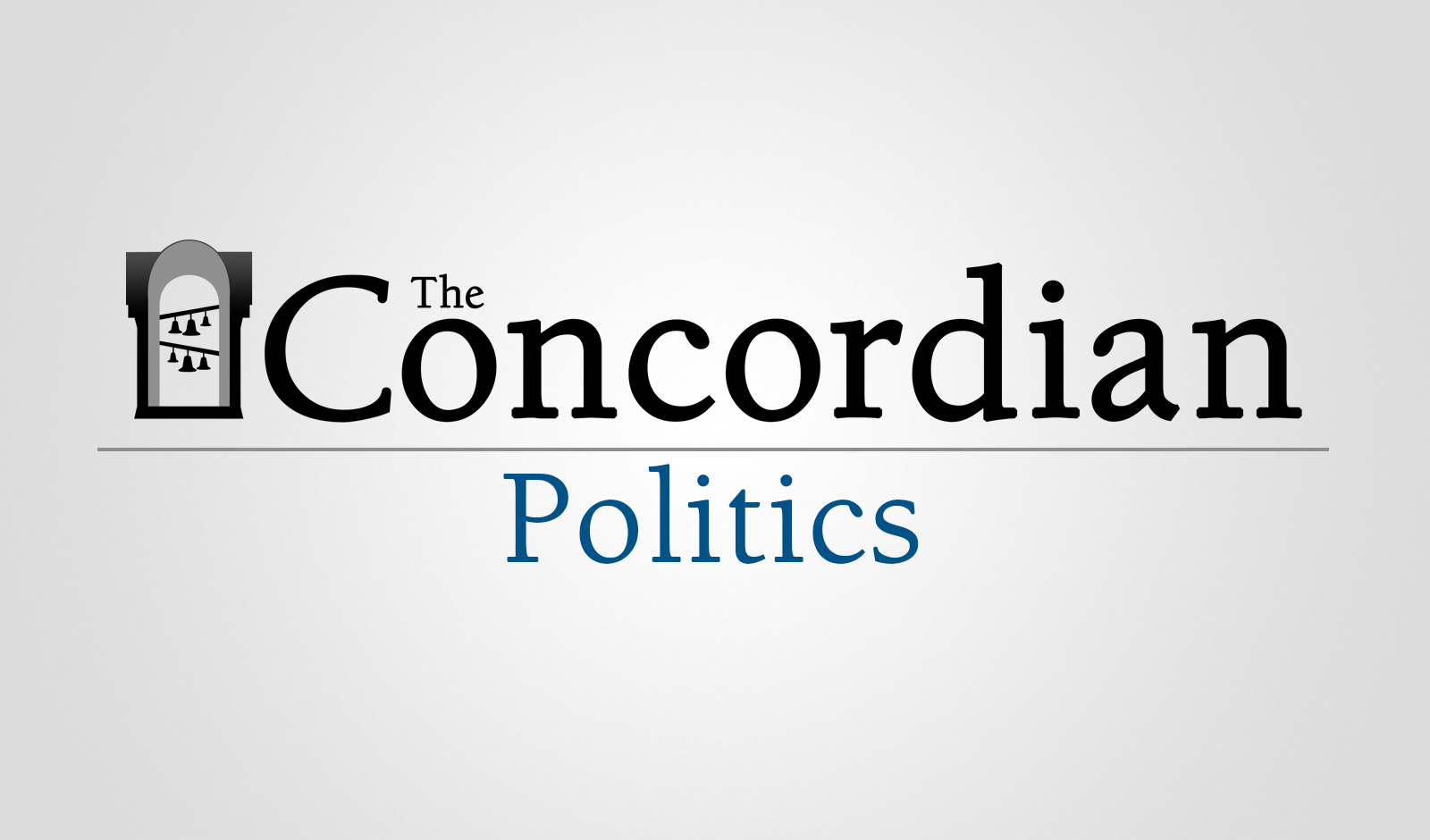It seems like so long ago that Hosni Mubarak’s regime finally toppled after months of protests. After a century of unrest in the Middle East, it seemed as though democracy was on the way in and dictators were on the way out. Now this sense of optimism seems to be fading into memory. All around the region violence continues and Egypt remains on the brink of erupting into a new round of revolution, with this new cycle possibly being more violent than the last. The country’s democratically elected president, Mohamed Morsi, was deposed by his own military in July, and many of his supporters who protested were killed during a military crackdown. And the U.S. bankrolled the generals behind the coup.
This is hardly the first time American funds have found their way to the pockets of people overthrowing a democratic government, though it is perhaps notable how constant the military aid to Egypt, around $1.3 billion a year, has been. The U.S. supported Mubarak’s regime for years because it gave them a stable and relatively moderate, if not all that enlightened, regime that would maintain peace with Israel and keep the Suez canal open. When the dictator was run out of power the U.S. continued to support the armed forces of the newly democratic country, albeit with deep reservations after it elected the Muslim Brotherhood into power. And we are now supporting the perpetrators of a coup, something which is actually against U.S. law (pg. 125, section 7008). Needless to say, Obama administration officials are avoiding the word “coup” like the Clinton administration avoided saying “genocide” during the Rwandan massacres of 1994. Acknowledging the truth will simply make it harder for the administration to justify its continued support of the Egyptian military, which has been the only constant variable in Egyptian politics these past few years.
The only way out of this mess is for the Egyptian constitution to be revised and strengthened, insuring more concrete rights to all segments of Egyptian society and ensuring that the political minority is not left out of the governing process, concerns which played a large part in the military’s decision to depose Morsi and his party. The U.S. cannot play a direct role in the shaping of a more effective Egyptian constitution, but that doesn’t mean that they have no part to play. The U.S. must hold the military accountable for its actions in the transition period and be ready to withdraw funding if authority isn’t returned to a civilian government at the appropriate time. The Obama administration might very well be held accountable by history if a military dictatorship is set up once again on the banks of the Nile.
The most important development in the coming months, however, will be in the hands of the military, which must voluntarily step down.. There have been worrying signs that suggest the military is prepared to take extreme measures to stay in power, like the recently extended state of emergency and the crackdown that killed hundreds of Morsi supporters. More bloody confrontations will only serve to further radicalize Morsi supporters. Egyptian military leaders must be willing to hand power to civilian leaders after the new constitution is ratified and submit themselves to said civilian authority. Military leaders may fear anarchy without a strong army ready to intervene, but real democracy won’t be achieved until Egyptians can put their trust in a government that they elected to uphold a constitution that respects the values of all Egyptians.


As far as the first section of your article goes, please see this post. “What western media doesn’t get about Egypt” http://azzasedky.typepad.com/egypt/2013/08/the-tyee-what-western-media-doesnt-get-about-egypt.html
I agree though with the second part of your article: the need for a solid constitution.
As for the army, believe me, the army cleared the way, but it does not rule now. There is an interim government which is totally in charge and which will implement the Road Map only to leave its position immediately afterwards.